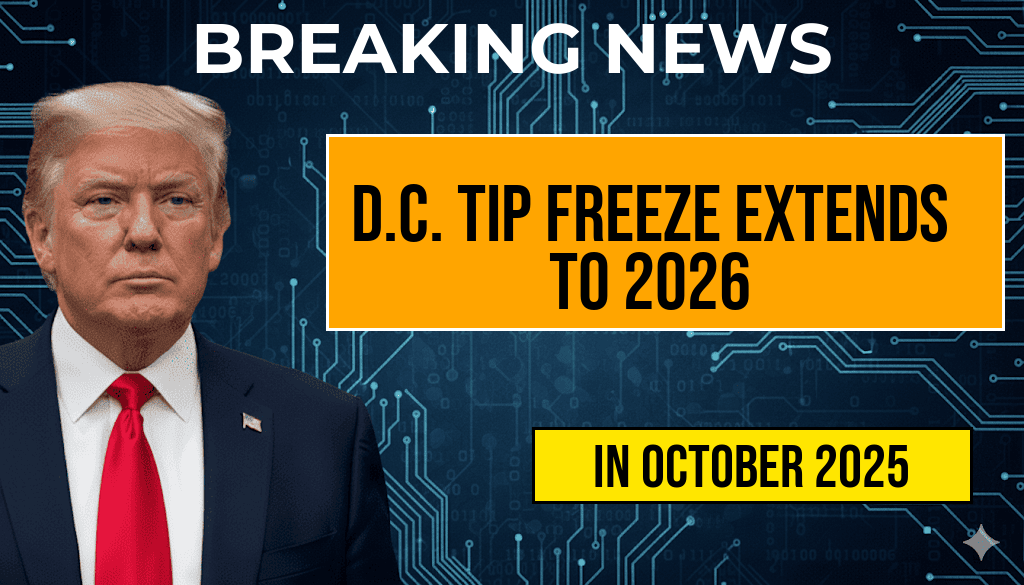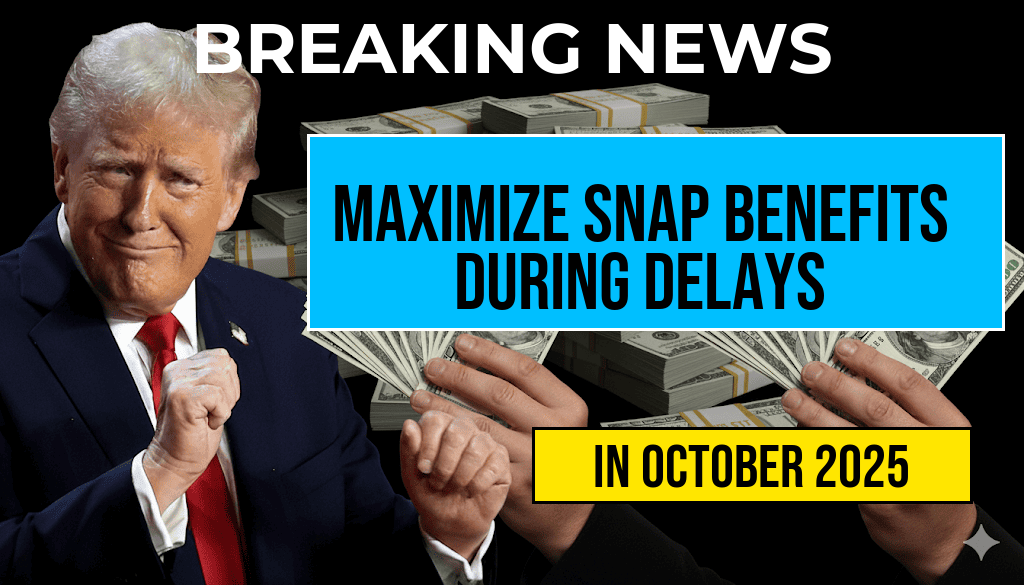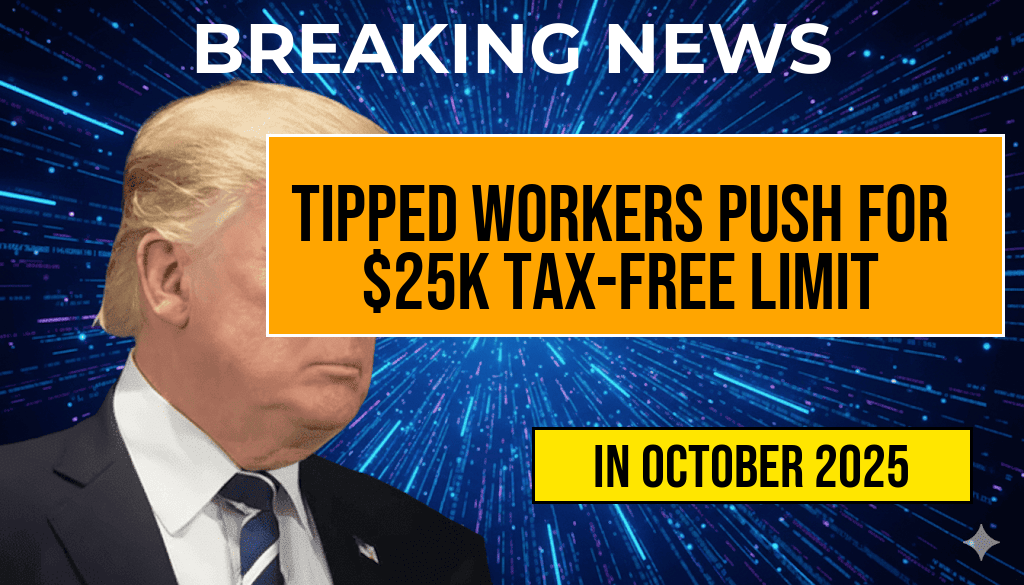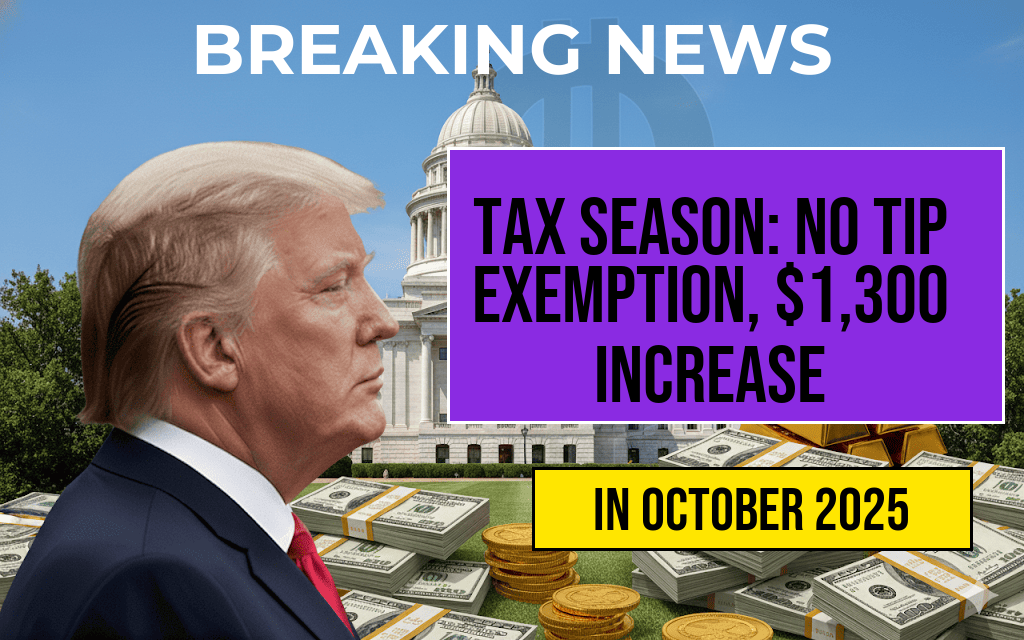Washington, D.C., has announced a temporary freeze on its tip minimum wage policy, extending through July 2026. This decision maintains the current $10 per hour rate for thousands of city workers, including service industry employees and city contractors, while notably not offering any base wage increases this year. The move, confirmed by city officials, aims to balance economic stability with budget constraints amid ongoing fiscal pressures. Despite widespread expectations for incremental wage growth, the freeze underscores the administration’s cautious approach to wage adjustments during a period of economic uncertainty, inflation, and shifting labor dynamics.
Background and Context of the Tip Wage Policy
Washington, D.C., has long maintained a structured approach to service industry wages and tip policies. The current $10 per hour tip minimum wage was established to ensure workers dependent on tips can earn a livable income, aligning with federal guidelines but tailored to the region’s economic conditions. The policy also stipulates that employers must compensate employees at the base rate if tips fall short of the minimum wage, with the city’s wage laws designed to protect vulnerable workers.
The recent freeze, initially prompted by economic challenges, was extended after city officials reviewed the fiscal outlook and labor market conditions. The decision reflects a broader trend among municipal governments considering wage adjustments amid inflationary pressures and budgetary constraints faced during the pandemic recovery phase.
Implications for Workers and Employers
The extension of the tip wage freeze means that thousands of workers, particularly in hospitality, food service, and event industries, will continue earning at the current rate without prospects for immediate increase. Many employees rely heavily on tips as a significant portion of their income, and stagnant wages can impact their overall earnings.
For employers, especially small businesses and city contractors, the wage freeze offers predictable labor costs and simplifies payroll management. However, it also raises concerns about worker retention and morale, particularly as inflation diminishes the purchasing power of the current wage. Industry groups argue that without incremental increases, workers may seek employment opportunities elsewhere or demand alternative compensation arrangements.
City Officials Cite Budgetary and Economic Factors
Officials from the District’s Department of Employment Services indicated that the wage freeze is part of a broader strategy to maintain fiscal stability. In a statement, they emphasized that the decision was made after assessing the city’s budget outlook, economic growth prospects, and the potential impact of wage hikes on municipal services and programs.
“Our priority remains supporting our workers while ensuring responsible fiscal management,” said a Department spokesperson. “Extending the tip wage freeze allows us to allocate resources strategically while monitoring economic conditions over the coming years.”
Community and Labor Response
The response from labor advocates and community organizations has been mixed. While some acknowledge the necessity of cautious fiscal planning, others express disappointment at the lack of immediate wage growth for low-income workers.
- Labor unions argue that stagnant wages contribute to economic disparities and hamper efforts to reduce poverty among service workers.
- Supporters of the policy say that the freeze provides predictability and stability in a volatile economic environment, especially as the labor market continues to evolve post-pandemic.
Advocates for wage increases are urging the city to revisit the policy in 2026, advocating for a phased approach to raising the tip minimum wage to keep pace with inflation and living costs.
Comparison with Other Jurisdictions
| City | Tip Minimum Wage | Wage Freeze Status | Effective Until |
|---|---|---|---|
| Washington, D.C. | $10/hour | Extended through July 2026 | N/A |
| San Francisco | $6.00/hour (plus tips) | Adjusted annually | Ongoing |
| New York City | $10/hour (tips included) | Increases scheduled annually | Varies by industry |
Compared to other major cities, D.C.’s tip wage remains relatively stable, with some jurisdictions implementing annual adjustments to keep pace with inflation. The decision to freeze wages reflects local fiscal priorities and differing economic conditions across regions.
Looking Ahead
The extension of the tip wage freeze through mid-2026 signals a period of cautious economic management for Washington, D.C. It underscores ongoing debates about balancing fiscal responsibility with fair compensation for essential workers. City officials have indicated a willingness to revisit the policy in the future, depending on economic recovery and inflation trends, emphasizing that worker welfare remains a priority amid budget considerations.
As the city navigates these financial constraints, workers and industry stakeholders will be watching closely for any signs of wage adjustments or policy shifts in the coming years. Meanwhile, advocates continue to push for measures that ensure low-income workers can earn a sustainable income, emphasizing that fair wages are integral to economic resilience and social equity.
For more information on Washington, D.C.’s wage policies and economic initiatives, visit Wikipedia’s wage labor overview or consult official city resources.
Frequently Asked Questions
Question
What is the D.C. Tip Freeze and how long will it last?
Answer
The D.C. Tip Freeze is a policy that maintains the current minimum tip rate of $10 an hour for thousands of workers in Washington, D.C., through July 2026. It prevents tip rates from increasing during this period.
Question
Will there be a base pay raise for tipped workers this year?
Answer
No, there will not be a base pay raise for tipped workers in 2024 due to the Tip Freeze policy, which keeps wages at the current rate through July 2026.
Question
Who is affected by the Tip Freeze?
Answer
The Tip Freeze primarily affects thousands of tipped workers in Washington, D.C., including servers, bartenders, and other service industry employees who rely on tips as a significant part of their income.
Question
What are the reasons behind implementing the Tip Freeze?
Answer
The Tip Freeze was implemented to address economic concerns, support businesses, and maintain wage stability for workers during ongoing financial uncertainties.
Question
How might the Tip Freeze impact workers’ earnings in the long term?
Answer
The Tip Freeze could limit the growth of workers’ earnings from tips over the next few years, potentially affecting overall income and financial stability for tipped employees until the policy expires in July 2026.






